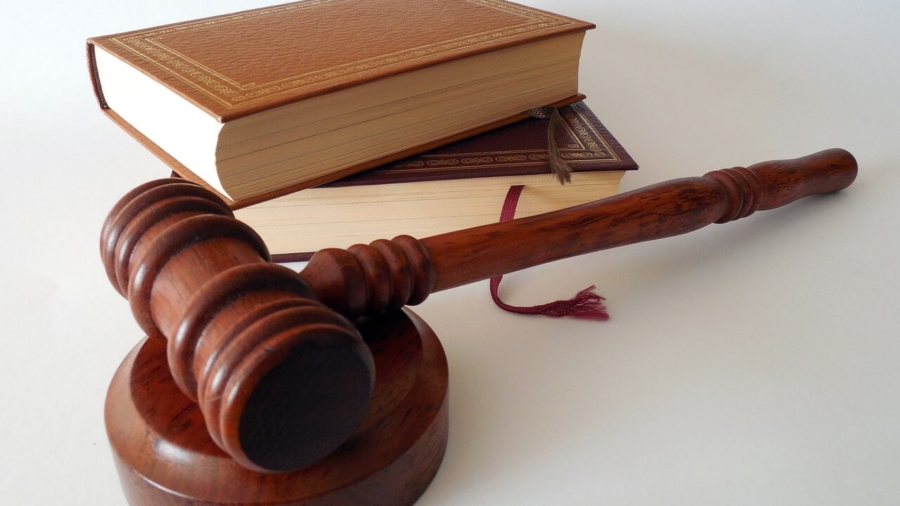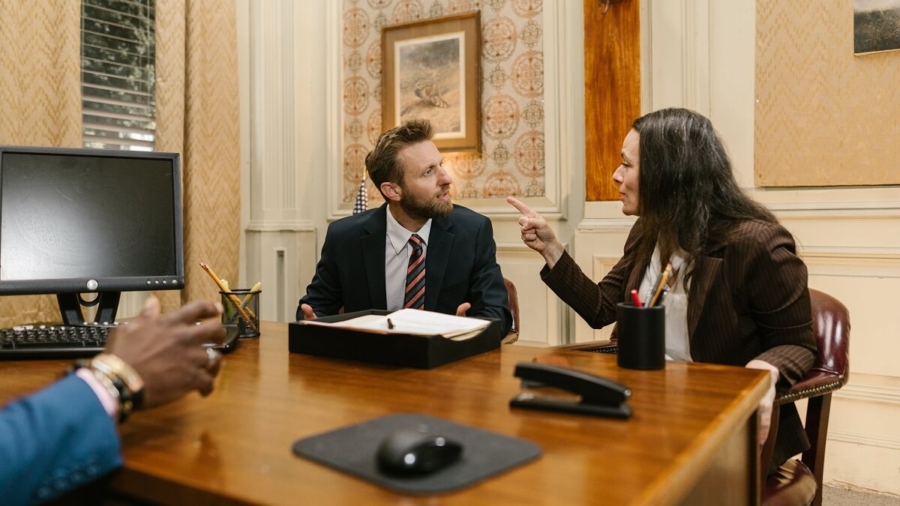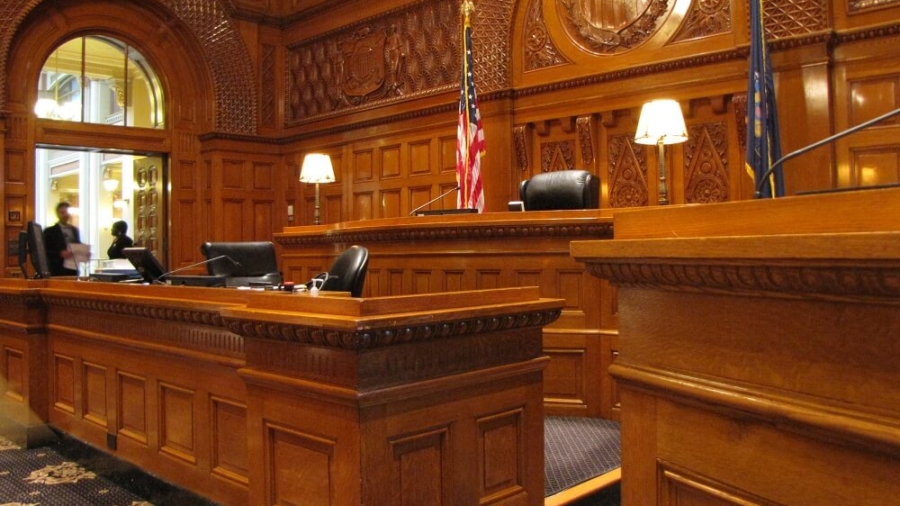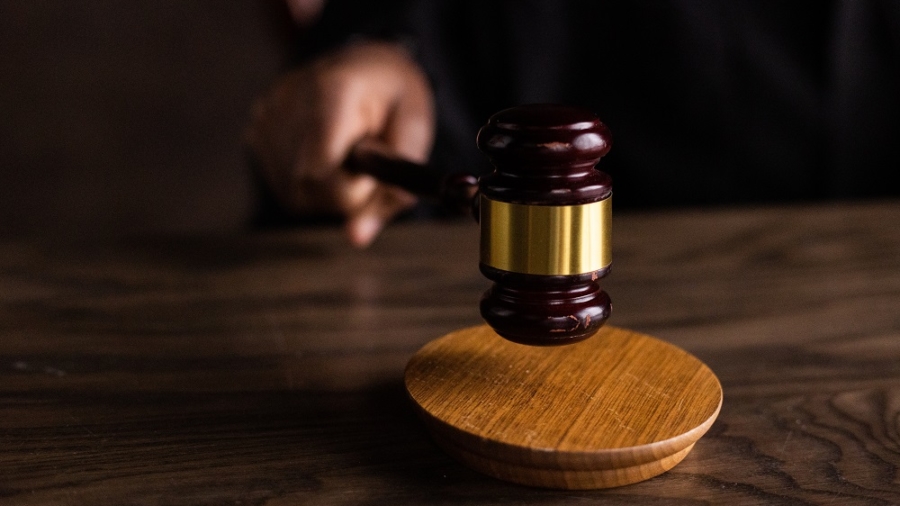Fiduciary duty, which is also referred to as fiduciary responsibility, refers to the legal relationships between a fiduciary and a beneficiary. The fiduciary acts on behalf of the beneficiary or principal concerning a wide variety of possible legal matters. The appointed fiduciary assumes legal responsibility for acting in good faith and with loyalty to the beneficiary. When a fiduciary fails to act in good faith while remaining loyal to the beneficiary, the fiduciary has violated the duty of care doctrine.
If you believe a fiduciary appointed to act on your behalf has violated the duty of care legal doctrine, you should contact an attorney who specializes in business and commercial law to review the facts of your case.
How Can Someone Break Fiduciary Responsibility?
Fiduciary responsibilities cover a wide variety of legal issues. The following three breaches of fiduciary duties represent some of the most common types of breaches.
Agent and Principal
An agent is anyone who assumes responsibility to act on another person’s behalf. The agent has a fiduciary duty to protect the interests of the principal by never acting contrary to the principal’s stated interests. One of the most common types of agent and principal relationships concerns the legal relationship between an employee and employer. Breaches of fiduciary duty committed by an employee include sharing employer trade secrets, abusing employer funds or failing to account for using employer funds, and acting on behalf of a competitor to damage the reputation of the employer.
Business Partners
Business partners assume a fiduciary responsibility to act in the best interests of every other partner, as well as the company. One of the most common breaches of fiduciary duty committed by a partner concern mismanaging company funds or failing to account for spending company funds. A partner who exposes other partners and the company to liability by committing one or more acts of negligence has breached the partner’s fiduciary duty. Failing to disclose a conflict of interest, concealing critically important business information from the other partners, and damaging the goodwill of the partnership by conducting illegal acts also represent examples of a partner’s breach of fiduciary responsibility.
Board of Directors
Every corporation is led by a group called the board of directors that makes decisions on behalf of the corporation. Since the corporation’s shareholders elect each member of the board of directors, each board member owes the shareholders a duty of care to make business decisions in the best interest of the shareholders. One common example of a board of directors breaching its fiduciary duties involves preventing shareholders from exercising their legal right to vote on important business matters. Denying shareholders access to business records also violates the duty of care doctrine for fiduciary responsibility. Refusing to pay dividends and committing illegal acts to force out minority shareholders also represent breaches of fiduciary duty.
What Are the Remedies When Someone Breaches Fiduciary Responsibility?
Beneficiaries that sustain losses caused by one or more breaches of fiduciary duty can receive three types of damages to recover from financial losses.
Economic Damages
Economic damages represent the tangible costs associated with one party breaching the fiduciary responsibility to act on behalf of another party. For example, a partner who misuses partnership funds might have to pay back the mismanaged money as part of the economic damages awarded by a judge.
Non-Economic Damages
Non-economic damages do not come with a price tag. Instead, this type of financial award covers the costs associated with mental and emotional anguish issues. Proving a beneficiary suffered from mental and emotional anguish caused by a breach of fiduciary responsibility can be more difficult to do than proving the financial losses caused by economic damages.
Punitive Damages
Judges do not award punitive damages to help plaintiffs pay for economic or non-economic damages. Punitive damages punish a defendant for committing one or more breaches of fiduciary duty. They also deter defendants from committing the same breach or breaches of fiduciary responsibility in the future. For the worst cases of breaching fiduciary duty, a judge can award punitive damages that exceed the combined value of economic and non-economic damages.
Alves Radcliffe, LLP — Business Attorney
If you need assistance with business litigation, call Alves Radcliffe, LLP at 916-333-3375 or send us an email. We have over 25 years of combined experience, and serve clients throughout Greater Sacramento, Northern California, and the San Francisco Bay Area.






